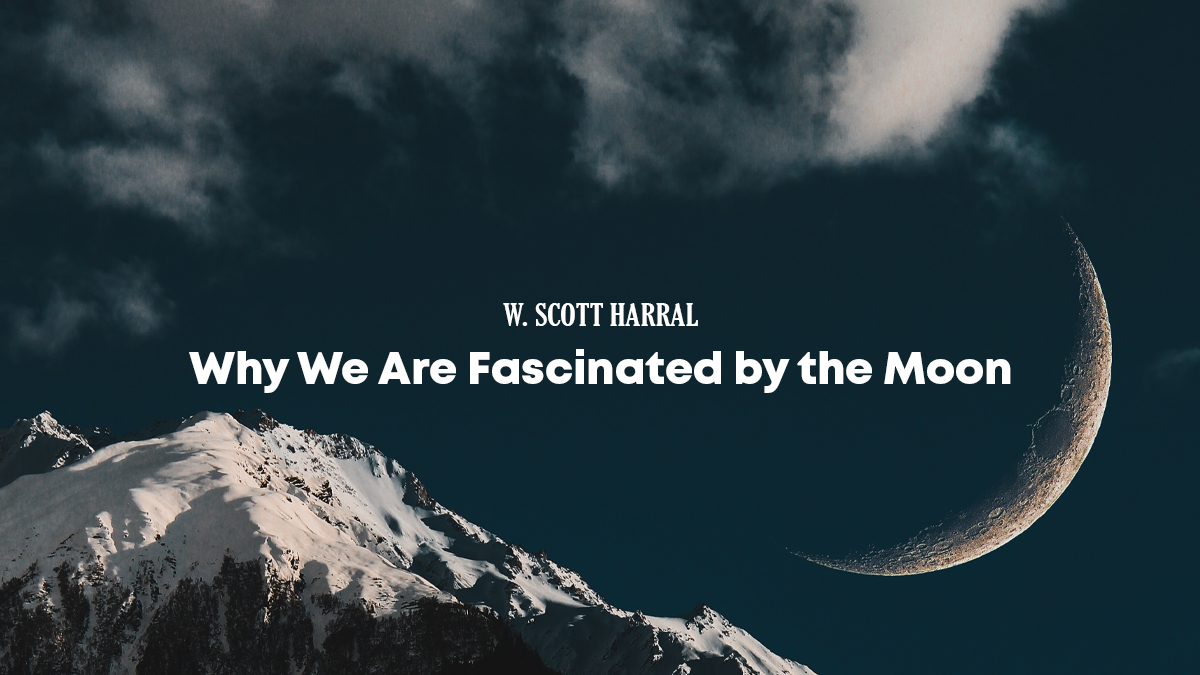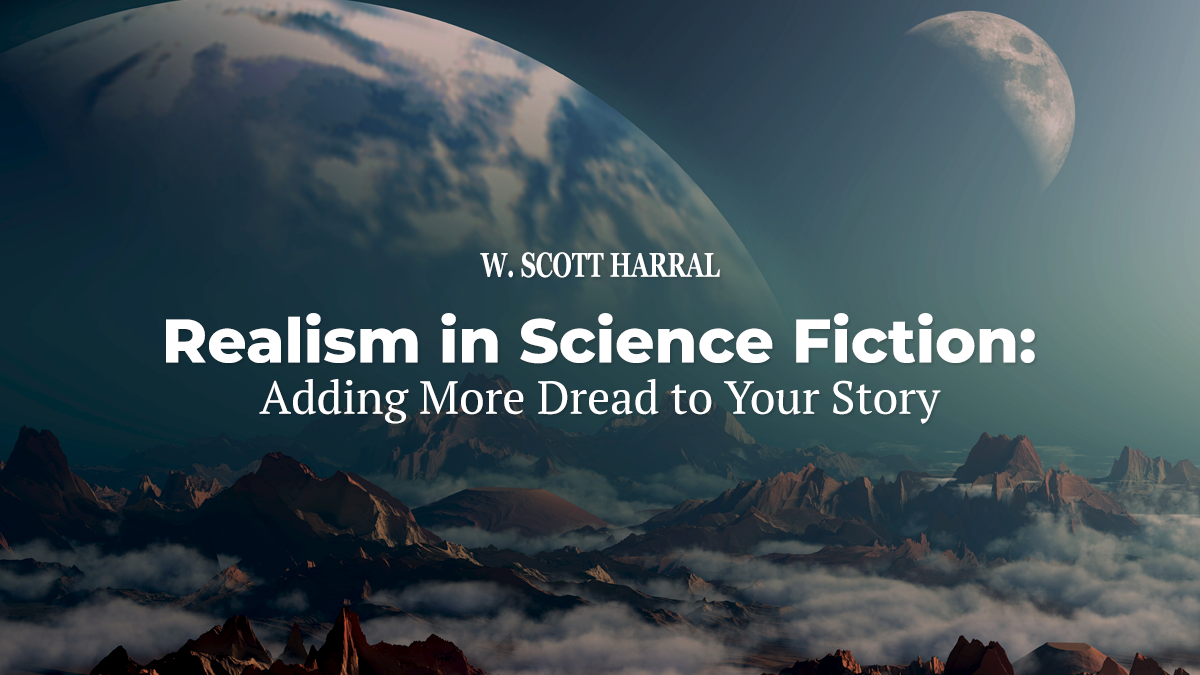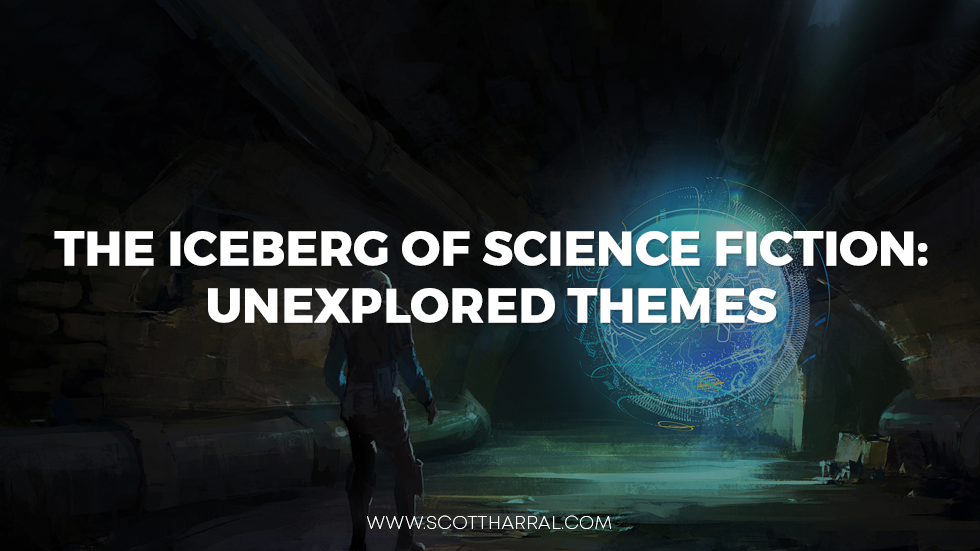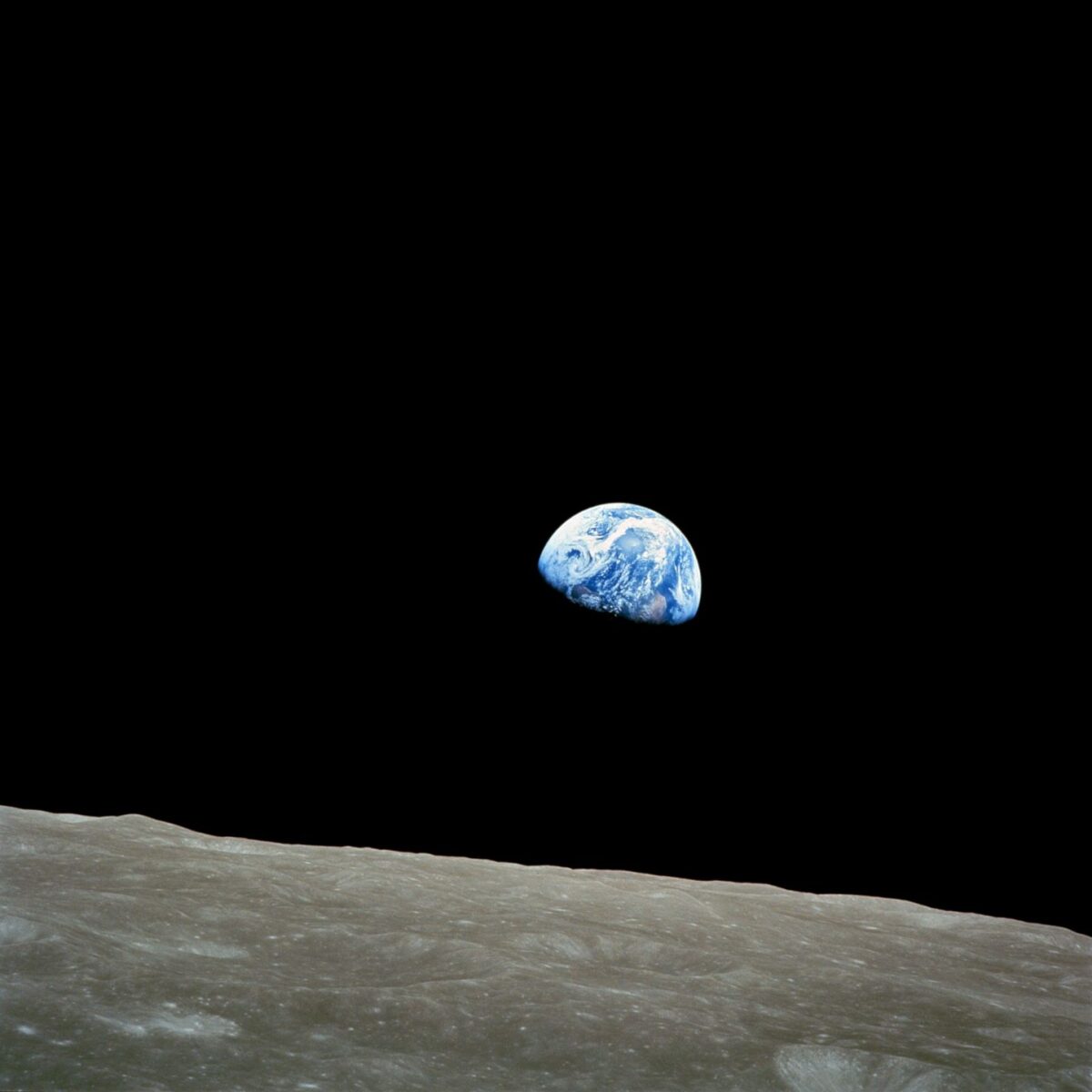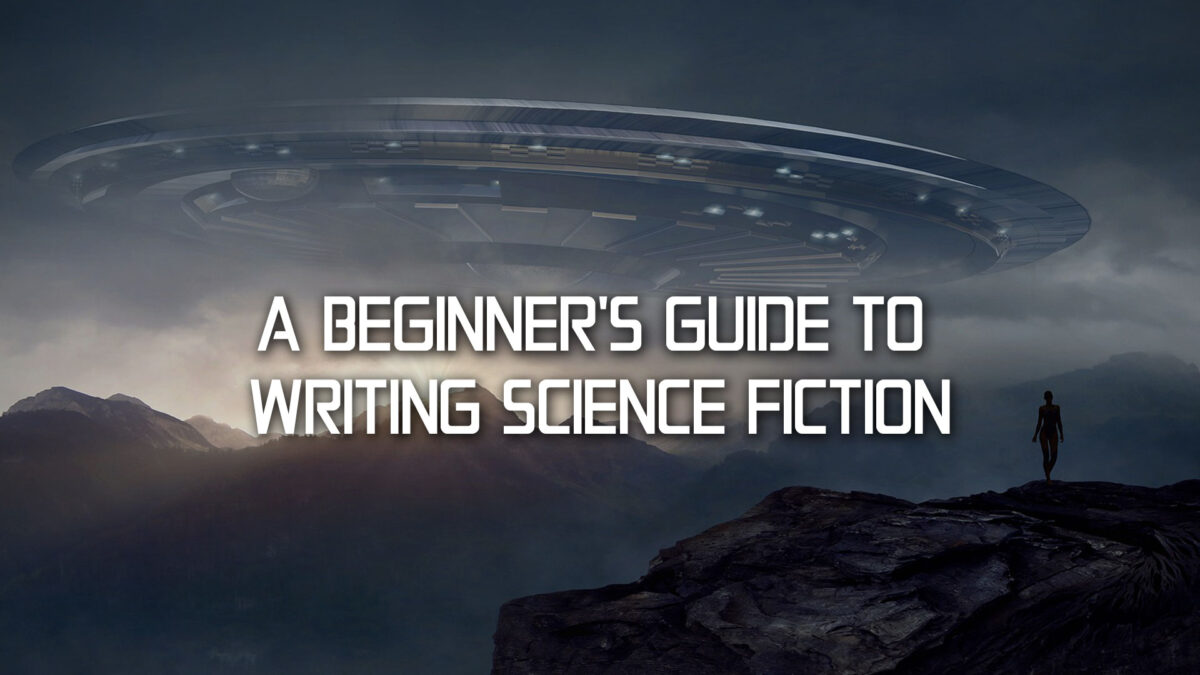Science fiction is fantastic, made plausible through the backdrop of science.
Sci-fi typically deals with themes such as futuristic science, contact with extraterrestrial beings, time travel, alternate universe, etc. Mysteries are usually solved scientifically or with scientific reasons. Familiar characters in a sci-fi novel include aliens, robots, a time traveler, a scientist, and so on.
Murder mysteries have so many moving pieces that have to fit together perfectly. There must be plausible clues, compelling suspects, and a satisfying but unexpected ending. Adding new technologies—like spaceships and time travel—and alien species who may have unusual abilities, science fiction murder mysteries take both genres to a new level.
Many readers like a mystery because life is mysterious, and story-telling exists to help us figure out how to live. Secrets help us figure out how to deal with the unending avalanche of unknowns in our lives (probably not directly, unless you deal with dead bodies a lot).
Some people say that mysteries are famous because people like puzzles. Well, I want a certain kind of mystery, but I’ve never been a puzzle person.
In science fiction especially, the “who has done it” can quickly become a “what has done it.”
Here is the list of the six science fiction murder mysteries everywhere, from the moon and cyberspace to outer space.
All Systems Red by Martha Wells. Murderbot wants to do is watch its favorite shows, keep its humans from killing themselves, and avoid uncomfortable social situations while surveying an unfamiliar planet. That last goal proves tricky because somebody else is out to destroy the survey team, and it’s up to the contracted robotic security guard, Murderbot, to stop them.
Philip Dick’s Do Androids Dream of Electric Sheep? This 1968 novel Do Androids Dream of Electric Sheep pins on Rick Deckard. He is a bounty hunter tasked with killing a bunch of androids who have escaped to Earth. Despite the mission’s dangerousness, Deckard needs the bounty money to purchase a real-life animal, the status symbol, and replace his crappy electric sheep.
Leviathans Wake by James S.A. Corey. Humanity has colonized the solar system—the Moon, Mars, the Asteroid Belt, and beyond—however, the stars are still out of reach. Jim Holden is an officer on an ice miner. When he and his crew stumble upon The Scopuli, they find themselves possessing a secret they never wanted.
Kate Mascarenhas’ The Psychology of Time Travel. The world would know three of their names. Four women scientists made the first time travel machine, but when one of them has a nervous breakdown, she’s thrown off the team. Her contributions are lost, and history moves on. Ruby knows her grandmother, Barbara (or Granny Bee), was part of the team, but when Granny Bee receives a newspaper clipping about a murdered woman from the future, Ruby fears it’s her grandmother. She decides to figure out what will happen and how to stop it. The story is told from shifting perspectives, exploring how the possibility of meeting your old and future selves might impact your state of mind.
Richard Morgan’s Altered Carbon. It is hard to solve a murder mystery when humans can switch bodies. Like in a video game, some people can “reset” after being killed. Plot-wise, the book is different from the Netflix series based on it—despite its multi-episode length, the latter has less time for world-building.
Moon Luck by Wayne Scott Harral. Over the years, more active stations will be located permanently on the moon. Will humans be prepared when the time comes? Harral’s Sci-Fi and mystery book, Moon Luck, is a great read! It is the story of thirty astronauts living on the moon for extended periods. The author generated an engaging story through thoughtful character development, in-depth research, and a creative storyline. Something truly unique to this book is because of its details in advanced technologies and makes some exciting leaps into the future. This is a genre that people would hesitate to read at first glance because of nowhere to be found: settings of the moon, cyberspace to outer space; however, as they read further, it would tickle their interest as it is combined with mysteries that touch on solving a puzzle or a crime.




